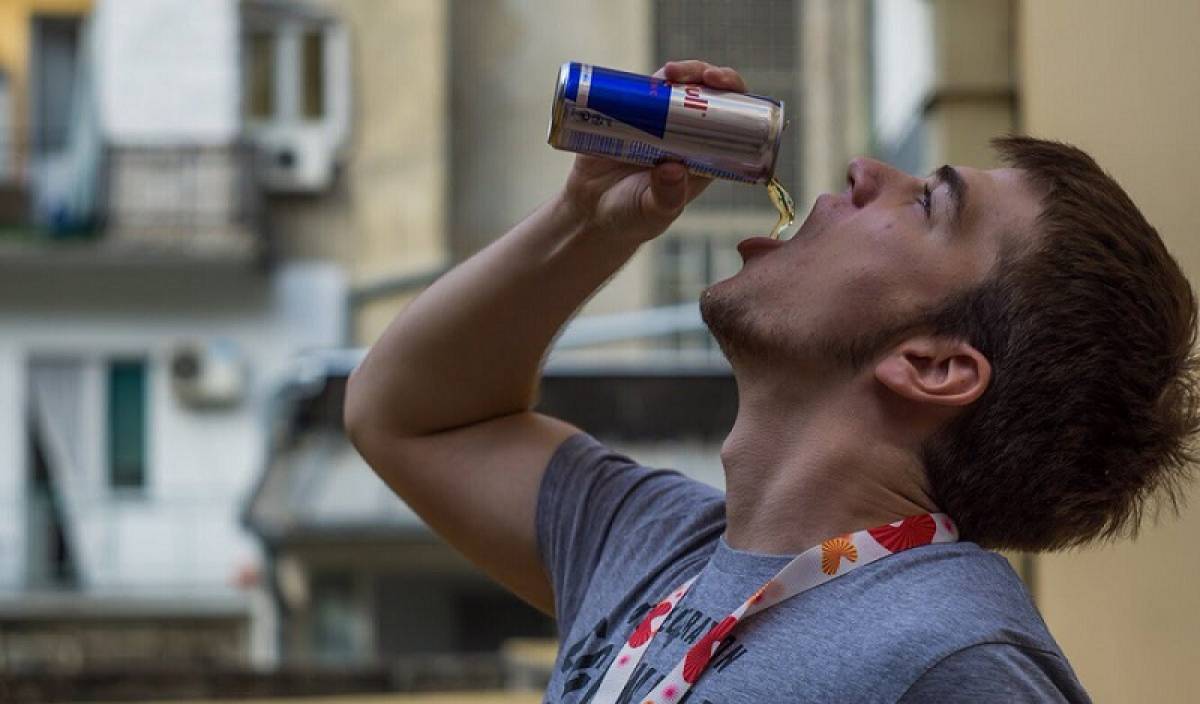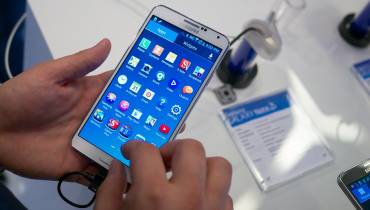Myths About Energy-Boosting Foods and Drinks De-bunked

When we’re looking for a little energy boost during those long days at work, at home, or when out and about, certain foods and drinks are our go to source for an energy boost.
From coffee to protein bars and energy drinks, there are many options to choose from when it comes to foods and drinks that provide us with the supplements we need to keep us going. However, not all our favorite energy-supplying choices have the effect on us we expect.
You might not realize it, but our bodies are great at naturally producing the energy we need. Energy boosters can sometimes disrupt this production. So much so, that these boosters can have the opposite effect and make us feel more tired and drained of energy in the long run.
Let’s de-bunk some myths associated with energy boosting foods and drinks, and discuss the best alterative solutions you need to feel more energized every day.
1. Caffeine might not really cut it as an energy booster after all.
Brits consumer on average 2 cups of coffee every day. It’s the go-to beverage of the office, and often the first port of call in the morning to help us get going.
However, while you may feel a short-term boost in energy, the effect of drinking coffee can actually make us feel more tired. So, why is this?
Put simply, adenosine is blocked from reaching the receptors in your brain by coffee. However, this is only a temporary measure as caffeine does not completely stop the production of adenosine. Instead, as soon as the effects of the caffeine wear off, the adenosine floods the brain and can make you feel even more tired.
For an early morning boost, coffee seems like the best option. However, over time the continuous use of this stimulant will detract from your intentions of feeling awake.
2. Red Bull might not actually give you wings
Although energy drinks such as Monster, Red Bull, and Rockstar are an easy option that appear to give you the energy kick you need, they’re not always what they’re made out to be.
Like coffee, energy drinks contain caffeine. However, while the average cup of coffee has about 40mg of caffeine, energy drinks contain about 80mg of caffeine – doubling your intake immediately. Again, this can only lead to more fatigue.
There is also a high level of sugar in energy drinks. These sugars are the main source of calories, which in turn are expected to create energy for the body. However, the risks can outweigh the benefits.
A 250ml can of Red Bull can contain about 27g of sugar – the equivalent of seven teaspoons. This level of sugar has been associated with heart disease, diabetes, and oxidative stress. High sugar levels can also cause insomnia, leading to further fatigue.
3. There are lies in lie-ins
The weekend is always the much-needed break that traditional nine-to-five workers look forward to. You may even want to stay in bed for a few extra hours in an attempt to recover from lost sleep throughout the week.
However, a lie-in may contribute to your tiredness more. Feelings of fatigue can occur when you deviate from your regular sleeping pattern. This is because your body schedules melatonin in line with your normal sleep time.
Melatonin helps us feel relaxed and tired in preparation for sleep. Deregulating this over the weekend means your body doesn’t know when to prepare for sleep, meaning that during the week, you may find yourself facing sleepless nights, in turn causing you to feel more tired.
To help stop this from happening, sticking to a consistent sleep schedule during the week and on the weekend is advised.
4. The trick of tablets could be false
Your local pharmacy may offer a variety of options when it comes to sustained energy supplements. However, many of the readily available supplements include the same ingredients that help coffee and energy drinks create a false sense of vitality.
Some tablets that provide energy give the option to take up to eight of them a day and can contain 50mg of caffeine each. That’s not to say all supplements are bad, however. In fact, natural supplements should be encouraged to tackle fatigue.
For example, research suggests that people who suffer from chronic fatigue syndrome (CFS) have low levels of Q10 in their plasma and tissue. One suitable supplement, Coenzyme Q10, is often used to combat fatigue.
Additional research has shown that sufferers of CFS can benefit from a supplement of Q10. Q10 not only has rare and usually mild side-effects, but it is also readily available. The benefits of taking it in a supplement form can help fight tiredness with long-term advantages including heart health and blood sugar regulation.
5. Protein powder and bars might not be best
Choose your protein powder carefully. Despite protein being a good energy source, the easiest option available isn’t necessarily the best.
The market of protein bars promotes a quick and easy intake of the nutrient. However, while protein bars are measured against their fat and carbohydrates levels, sugar and alcohol may be used as a sweetener.
The energy and high calorie levels that protein bars fuel your body with are intended to be used before or after you exercise. However, while they can give you a burst of energy, the high calorie value means that these sugary snacks are more likely to lead to obesity and heart disease than any long-lasting rejuvenation.
On the other hand, to help regulate your sugar intake as well as provide a great source of protein, consuming natural foods is key. Almonds, oats, eggs, and milk are great natural alternatives to the candy-bars-in-disguise.
In Conclusion
It’s easy to accept all the weird and wonderful ways we are told to help fight tiredness without questioning them. However, although many readily available options can give us quick bursts of energy, they often do not sustain a healthy lifestyle and can contribute to additional fatigue.
Instead, searching for healthier and more natural food and supplement sources can maintain a feeling of rejuvenation in the long haul.





















